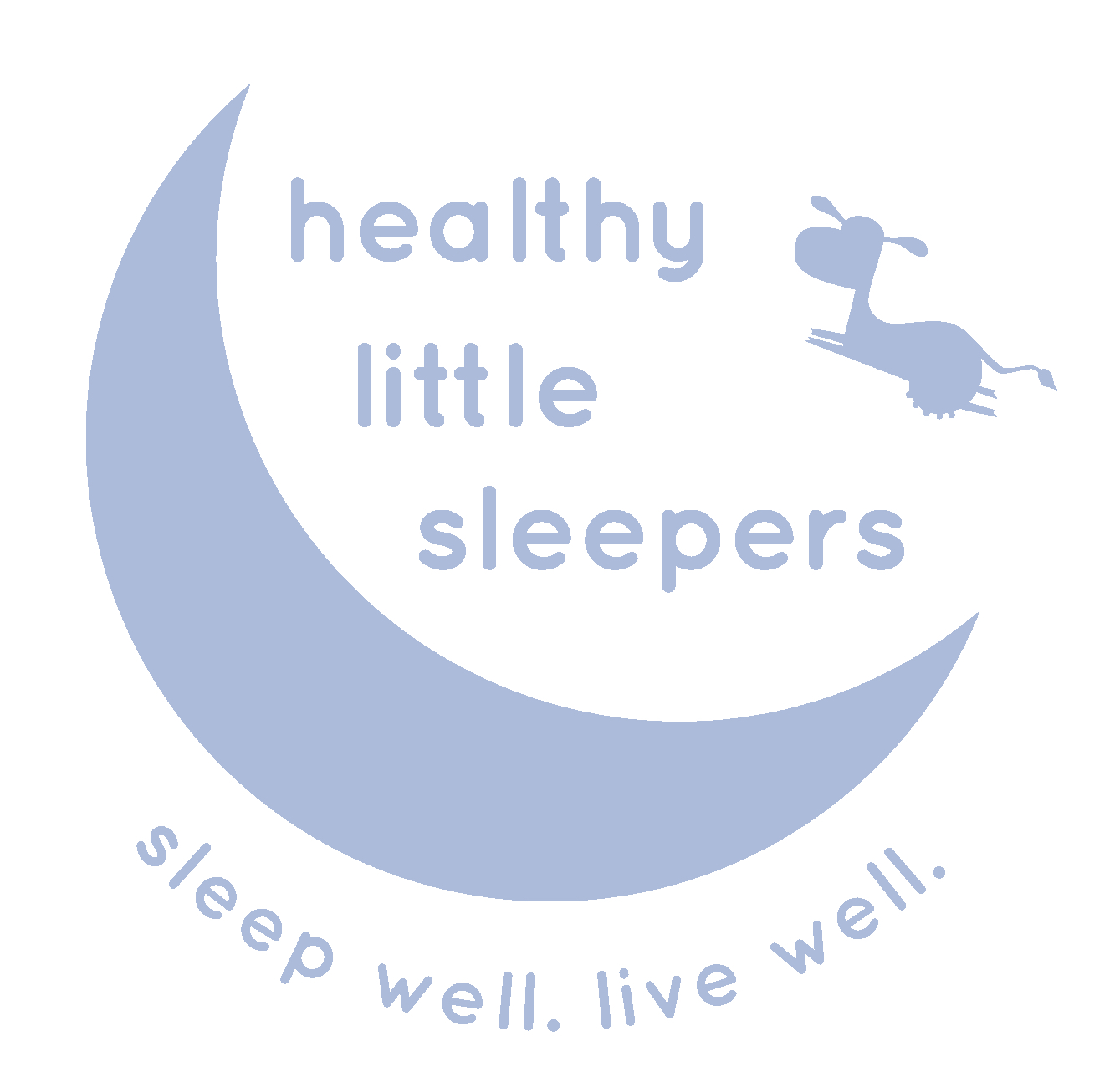How Cold Winter Weather Affects Baby’s Sleep
It dipped into the 40°s in Los Angeles a few days ago, so it’s safe to say – winter is finally here! (We just won’t mention those days with highs in the 80°s.) We’re not exactly building snowmen here, but the weather has noticeably cooled down, especially at night. And if you’re in the same boat (as I’m sure we all are), have you noticed a change in your little’s sleep? That’s because winter weather affects babies’ sleep!
Did you know that in Sweden, daycare centers put babies outside to sleep in freezing cold temperatures? And there was an incredible story from the BBC on how Scandinavian moms regularly put their babies down for naps outside too – again, even in freezing temperatures! The theory is that the crisp fresh air is good for babies’ lungs and that it actually helps them nap longer than when inside or in warmer temperatures; it may also help littles acclimate to the seasons and get them in tune with their circadian rhythms. (You can read about the study behind the story here.)
So, should you stick your baby outside to sleep? Not necessarily. I’ll admit, it’s a little extreme to put your little down for a nap outside in the freezing cold, but is there some truth to this idea? Does colder weather improve your little’s sleep?
Internal Temperatures
Your little’s internal body temperature has a lot to do with their sleep. In the early morning, our body temperature naturally starts to rise to get us prepared to wake up. And, during the day, it remains relatively “high” to keep us awake; but as the sun goes down, melatonin is released, which decreases your little’s body temperature and makes them sleepy.
If your little’s internal body temperature rises in the middle of the night (or around 4 to 5 a.m., which is pretty typical), they may have a brief awakening. Without even knowing it, they may open their eyes, scan the room, wiggle around a bit, and then go right back to sleep. This usually happens at the end of one sleep cycle and the beginning of another. During this brief awakening, if the room is warm, it can fully wake your baby (or you for that matter) because a warmer body temperature is a signal that it’s time to wake up.
Knowing all that, you could say that cooler temperatures do help baby sleep a bit better – so it shouldn’t be a surprise if your little starts sleeping like a dream in the winter.
Finding a Comfortable Temperature Balance
There are a ton of variables that can influence your little’s sleep – and temperature is one of them. Thankfully, it’s one we can control.
You want your little to feel comfortable – not hot or cold. If they’re too hot or too cold, they’ll probably get a bit fussy. Another way to know if they’re at a comfortable temperature is to feel your baby’s chest, back, or tummy; they should feel just slightly warm. (Don’t worry if your baby’s hands and feet feel cool – that’s normal.)
The goal, of course, is to keep baby comfortable through the night; you don’t want them overheating or getting too cold either. The best way to find the right balance is by dressing your little in layers.
The important thing is to make sure you don't layer your baby to the point of overheating. Putting them in too many layers or keeping them too warm can destabilize their breathing and increase their risk of SIDS.
If baby’s room tends to get really cold, you may want to invest in some warmer pajamas, but a one-piece sleeper and swaddle (or sleep sack) should do the trick. As a general guide, dress your baby in the same number of layers you’re wearing, plus one extra (thin) layer.
Socks and hats are not recommended for bedtime because they can make your little one too hot. And, of course, it’s very important to keep any loose blankets out of the crib, as well.
If you see baby sweating while sleeping, it definitely means that you need to peel off a few layers. But on the other end of the spectrum, if baby starts shivering or their hands, feet, and face are very cold and red, or have turned pale, those are signs that baby is too cold. (If your little is lethargic, non-responsive, and/or has a blue face or lips, they need medical attention ASAP.)
More Winter Side-Effects to Consider
There’s obviously more to winter than cooler temperatures – and those other factors can actually hinder baby’s sleep. Colds, coughs, and dry, itchy skin can keep your baby up at night. A humidifier in their room will help with dry skin (and can add an element of white noise, which is very helpful for their sleep). And if your little is sick, see their doctor.
Another thing to consider is that winter has shorter days and longer nights, so you may notice that your little is ready for bedtime a little earlier than normal. That’s because our circadian are closely connected to light and dark. (So when the sun sets earlier, it’s natural for baby to want to go to bed earlier.) This might not be a problem, but if you find that the earlier bedtimes are causing your baby to wake earlier then you may need to shift their sleep and nap schedules a bit to compensate.
Any change in season or weather has the potential to throw off your little’s sleep – which is why sleep training and having them on a regular routine is so important! If you think you need help adjusting to winter sleep or have any questions about sleep training in general, schedule a FREE 15-minute phone consultation with us now! (Or drop us your questions on Instagram – @healthylittlesleepers!)
